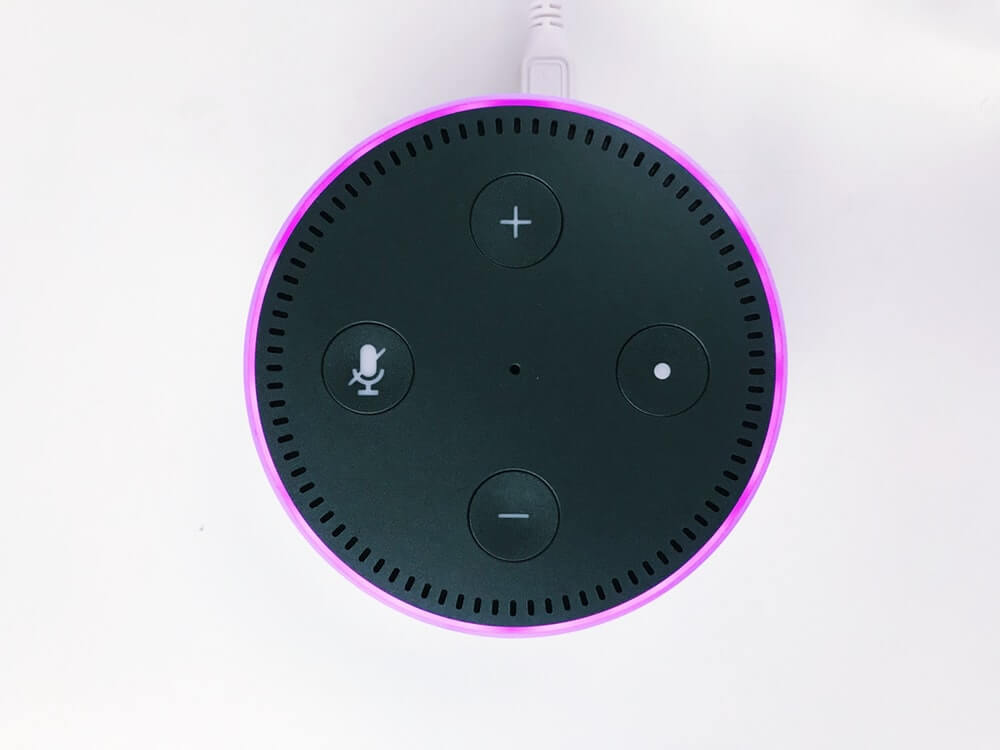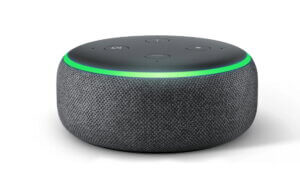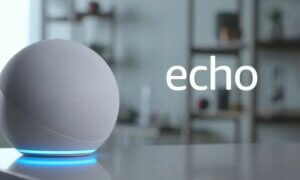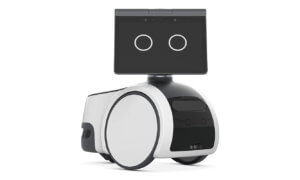The oldest university in the west of Mississippi, St. Louis University, is now the first one to walk side by side with the latest technology and has placed Amazon Echo Dot smart speakers into every new dorm room across its campus.
The dorm opened in 2017 and houses 528 students, alongside their SLU-emblazoned Alexas. Altogether, there are 2,300 of them present, all of them which feature a proprietary SLU skill that was built via the Amazon Web Services. This particular skill is capable of answering over 135 questions relating to the campus, ranging from events, building hours and even food options the students can find in the vicinity.
Of course, the students’ use of the Alexas is not limited to just the SLU skill – they can also listen to music, podcasts or even live radio and call anyone. The SLU directory of student services is just one voice command away.
You might ask yourselves: how did this idea come about?
It’s all David Hakanson’s fault, so to speak. Hakanson is now the vice president, chief information officer and chief innovation officer who presides over the university’s IT department.
A true believer in the powers and benefits of technology, Hakanson went to the Consumer Electronics Show alongside some students, all of whom came from families who had purchased smart speakers. They all interacted with their speakers daily and Hakanson figured that their presence within the home will also influence the students to keep using them even on campus. If they did, it would be useful to make their SLU life easier (as well as the transition from home life to campus) by incorporating SLU-specific skills onto the device.
Google and Alexa devices were first introduced to a group of students during a trial period. The reports that came back were in favor of Alexa.
In terms of privacy, there’s no need to worry about that, apparently – the device does not record any identifiable information and, while every Echo Dot comes with its own label that identifies the room number and a MAC address, the device does not record which room is asking what questions. The IT team behind it gathers some statistics over the entire Echo group as a while but none of those statistics specifically point towards a particular student or a dorm room.
“We can’t see any question on its own; it’s more categories, how many interactions with music, how many interactions with general knowledge,” Hakanson said of the privacy issue. “We can see that, and we can see it over time, but we can’t see what’s being asked at two in the morning.”
Follow TechTheLead on Google News to get the news first.

























